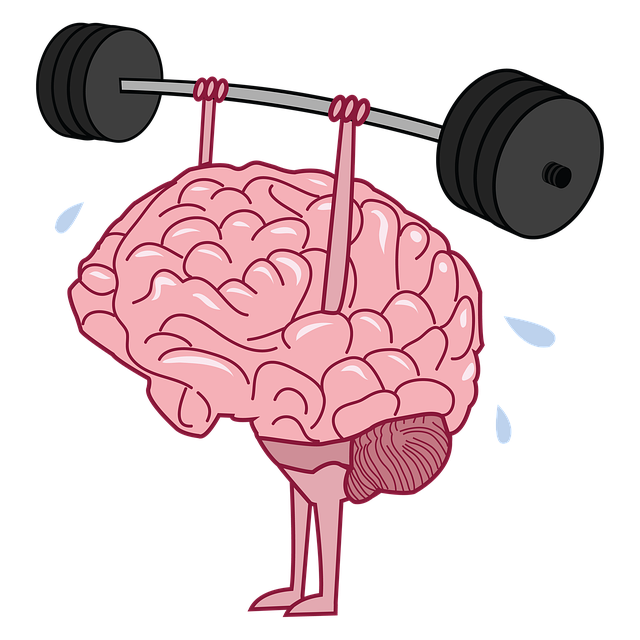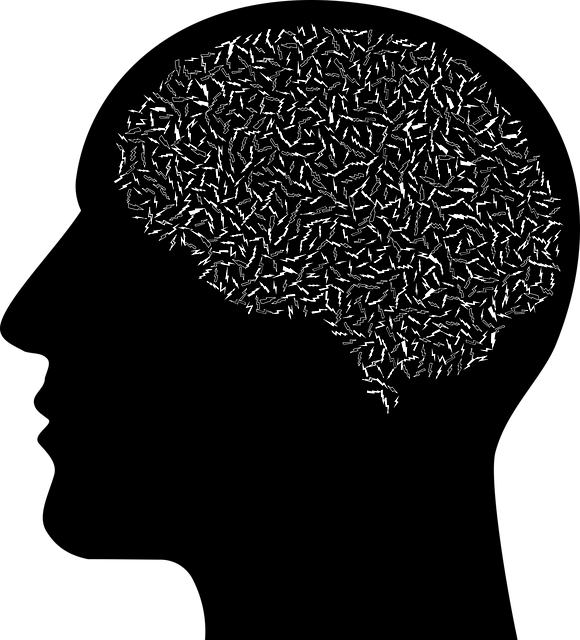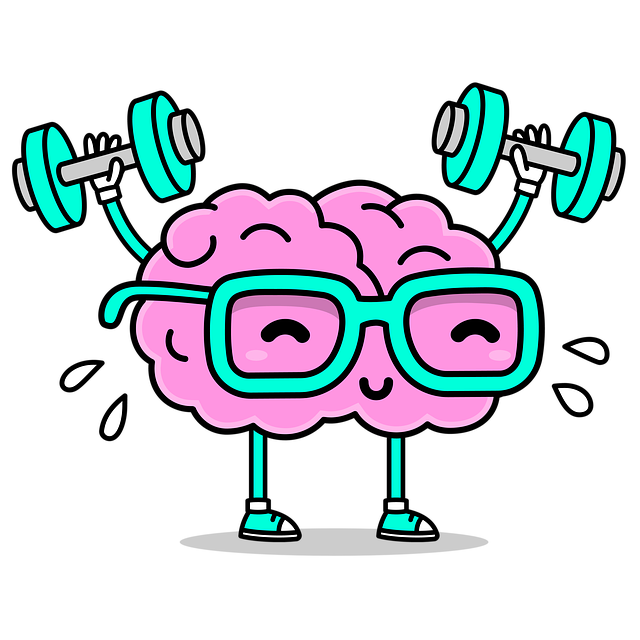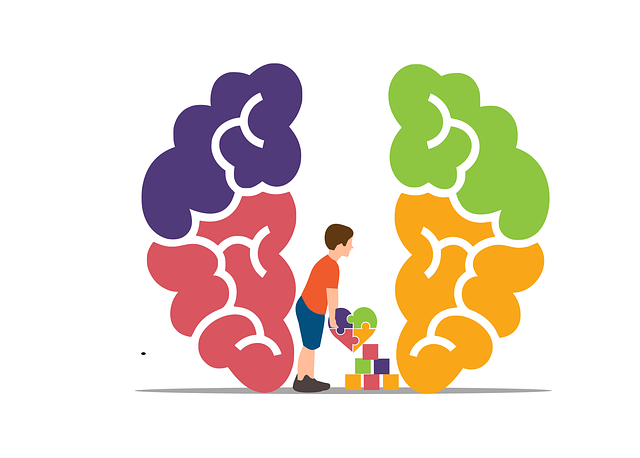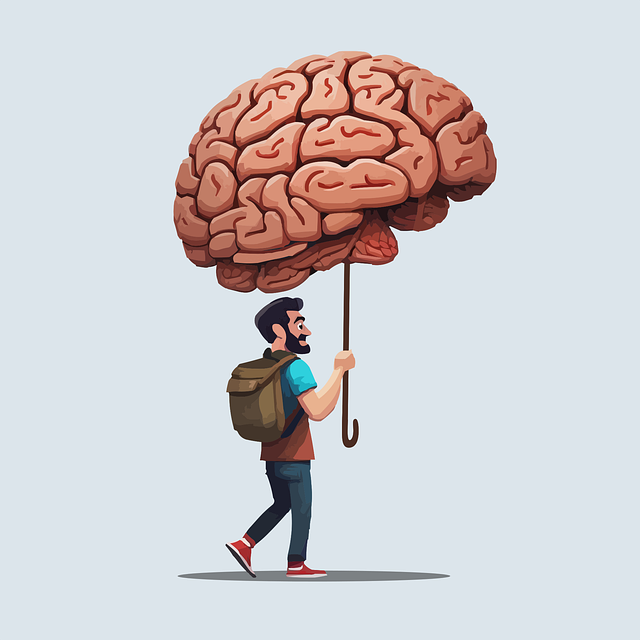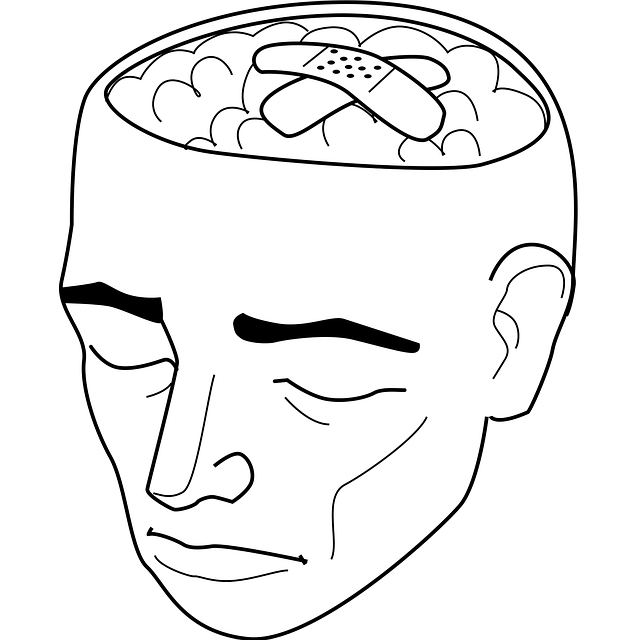Mental illness diagnosis requires qualified professionals using evidence-based methods like Westminster Dialectical Behavioral Therapy (DBT), which combines cognitive-behavioral techniques and mindfulness practices. DBT aims to improve emotional regulation, interpersonal skills, and overall well-being through individual therapy, group sessions, coaching, and community support. Navigating mental health treatment involves understanding various approaches and aligning them with personal needs, with resources like podcasts and support groups enhancing recovery and promoting lasting positive changes.
Mental illness diagnosis and treatment can be a complex, daunting journey. This article guides you through the intricacies of understanding mental health diagnoses and offers insights into effective therapeutic approaches like Westminster Dialectical Behavioral Therapy (DBT). We explore various treatment options and abundant support resources to empower individuals on their path to recovery. By navigating these aspects, one can achieve optimal well-being.
- Understanding Mental Illness Diagnosis: Unraveling the Process
- Westminster Dialectical Behavioral Therapy: A Comprehensive Treatment Approach
- Navigating Treatment Options and Support Resources for Optimal Recovery
Understanding Mental Illness Diagnosis: Unraveling the Process

Mental illness diagnosis is a multifaceted process that involves a comprehensive understanding of an individual’s symptoms, history, and overall well-being. It often begins with a thorough evaluation by a qualified mental health professional, who will meticulously assess signs of distress or impairment. This initial stage includes detailed interviews, surveys, or questionnaires to gather insights into the person’s thoughts, feelings, behaviors, and any relevant personal or family history.
At its core, effective diagnosis relies on accurate identification of specific disorders, such as depression, anxiety, or bipolar disorder, among others. Westminster Dialectical Behavioral Therapy (DBT), for instance, is a well-regarded approach that combines cognitive-behavioral techniques with mindfulness practices to foster emotional regulation and interpersonal effectiveness. Through this therapy, individuals learn valuable empathy building strategies and confidence boosting skills, which are crucial for navigating both the diagnosis and treatment process. The Mental Wellness Podcast Series Production can further enhance these efforts by providing accessible platforms for sharing insights and experiences related to mental health.
Westminster Dialectical Behavioral Therapy: A Comprehensive Treatment Approach

Westminster Dialectical Behavioral Therapy (DBT) offers a comprehensive treatment approach for individuals navigating mental health challenges. This therapy is designed to help clients develop effective coping mechanisms, enhance emotional regulation, and improve interpersonal skills. By combining cognitive-behavioral techniques with mindfulness practices, DBT empowers individuals to manage their symptoms, reduce distress, and lead more fulfilling lives.
The program focuses on several key components, including individual therapy sessions, group skill-building classes, phone coaching, and a strong community support system. Social Skills Training is a core element, teaching participants how to engage in healthy relationships and assert themselves constructively. Additionally, burnout prevention strategies for healthcare providers are integrated into the process, ensuring that both clients and therapists maintain their emotional well-being throughout treatment. Through these comprehensive techniques, Westminster DBT aims to promote long-lasting positive changes and foster a sense of resilience among its participants.
Navigating Treatment Options and Support Resources for Optimal Recovery

Navigating treatment options for mental illness can be overwhelming. It’s crucial to understand a variety of approaches and find what aligns with individual needs. Westminster Dialectical Behavioral Therapy (DBT), for instance, combines cognitive-behavioral therapy with mindfulness practices, offering evidence-based strategies for emotion regulation, distress tolerance, and effective communication—all essential Mind Over Matter principles. By integrating these skills, DBT empowers individuals to manage their mental health effectively.
Support resources play a vital role in recovery too. This can include joining support groups where shared experiences foster a sense of belonging, seeking out therapists who specialize in areas like Conflict Resolution Techniques for healthier interpersonal interactions, and engaging with activities that boost self-esteem and promote well-being. Remember, accessing the right blend of therapy types and resources can pave the way for lasting positive change.
Mental illness diagnosis and treatment can be a complex journey, but with the right guidance, individuals can navigate this path towards recovery. By understanding the process of mental illness evaluation and exploring therapeutic options like Westminster Dialectical Behavioral Therapy (WDBT), one can find tailored support for their unique needs. WDBT’s comprehensive approach ensures patients receive holistic care, addressing emotional regulation, distress tolerance, interpersonal effectiveness, and mindfulness. Additionally, accessing various treatment resources enables a more effective recovery journey. This article has provided insights into these crucial aspects, empowering individuals to take charge of their mental health and embrace a brighter future.

